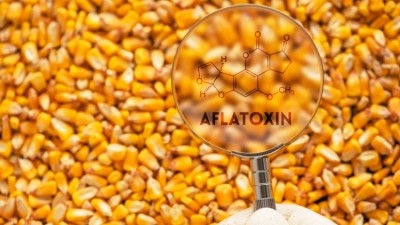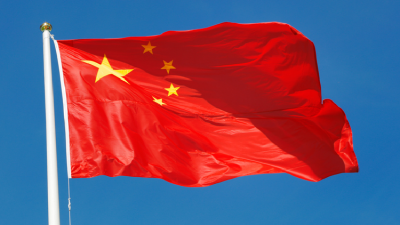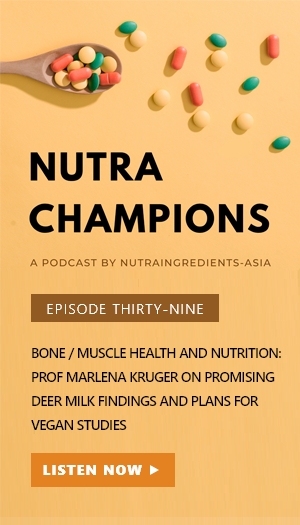Regulatory review: Updates from FSSAI, Malaysia's NPRA, and HMOs approval in China

‘Very much conservative’: How India’s regulatory approach can pose innovation problems – Ex-FSSAI director
India is taking a “very conservative” approach in its regulations of nutraceuticals, which can pose problems for brands and suppliers seeking to introduce innovative new products, says Pradip Chakraborty, a former director from FSSAI in our Nutrachampion podcast.
India did not have a set of regulations dedicated to nutraceuticals only until year 2016, which was revised last year.
Recounting the regulatory changes in the past seven years, Chakraborty said: ““I will say that the FSSAI is very much conservative. [For example], the RDA (recommended dietary allowance) is much lesser [than overseas], and they do not allow a lot of ingredients and products which are available in the overseas markets.”
‘Wrong decision?’ Indian regulator orders removal of health supplements containing SAMe
The Food Safety and Standards Authority of India (FSSAI) has ordered the removal of health supplements containing S-Adenosyl-L-Methionine (SAMe) off the shelves.
The ingredient is permitted for use in OTC drugs and prescription medicines but banned in other products.
The regulator has since issued a statement calling for e-commerce platforms to delist all health supplements, Food for Special Medical Purposes (FSMP), and Foods for Special Dietary Uses (FSDU) containing SAMe.
Malaysia issues advisory on oral aloe vera and links with adverse kidney reactions
Malaysia’s health ministry issued an advisory on oral aloe vera products and its alleged links with kidney-related adverse reactions.
Between February 2020 and August 2023, five cases of kidney-related adverse reactions that were “possibly linked” to the consumption of products containing aloe vera as a single active ingredient were received, said the National Pharmaceutical Regulatory Agency.
The adverse reactions included acute kidney injury, worsening of existing kidney problems, and an increased levels of creatinine and urea in the blood, which signals a loss of kidney function.
China HMOs approvals: Two MNCs and one local giant get the green light from regulators
Human milk oligosaccharides (HMOs) are permitted for use in China’s infant formula products, with IFF, dsm-firmenich, and local dairy giant Mengniu securing the first wave of approvals in early October.
All three companies received approvals for their 2'-fucosyllactose (2’-FL) ingredient, while dsm-firmenich received an additional approval for lacto-N-neotetraose (LNnT), another HMO component.
The approvals are closely watched as HMOs are seen as one of the latest trends in infant nutrition, but China had been slower than other countries in allowing its use.
Philippines sugar tax: ‘Watered-down’ policy will lead to fewer health gains – new data
Philippines’ sugar tax will lead to health and economic improvements, but to a lesser extent that if it had been enacted in its original form, new data suggests.
Writing in The Lancet Regional Health – Western Pacific, researchers said that the currently enforced sweetened beverage tax policy was likely to result in substantial healthcare cost savings.
Yet, the overall health benefits will not be as significant as hoped, partly due to the effects of corporate lobbying.



















